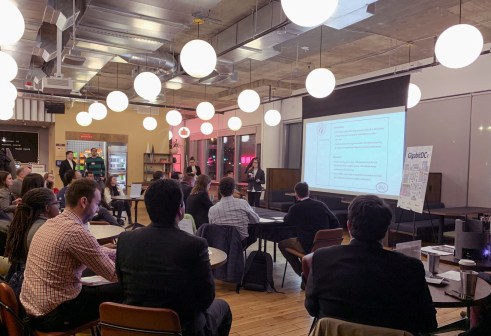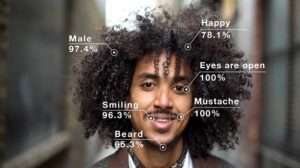Distracted-driver snitching app rewards users with bounties

California drivers who can’t help fiddling with their smartphones may find that tickets for those violations are more common in the near future, if a new app gains traction.
To assist law enforcement, the Text to Ticket app is offering $5 for video submissions of distracted drivers. The app works by having users — who are required not to be driving while using the app — capture video of people using their phones while driving, along with images of the offender’s license plate. These submissions are then tagged with the date, time, route and location details while also being encrypted and digitally signed to ensure accuracy. Once approved by law enforcement, app users are sent their earnings.
Text to Ticket CEO and founder Jesse Day said in a press release that it’s time to start educating people on the dangers of distracted driving, a behavior that kills more than 3,000 people each year and injures roughly 400,000, according to the U.S. Department of Transportation. The National Highway Traffic Safety Administration reports that those who text and drive are six times more likely to cause an accident than someone driving under the influence of drugs or alcohol.
The app markets itself as a safety tool and revenue generator for cities, but it may bring with it some concerns. If the app gains popularity, it’s easy to imagine potential conflicts erupting in rush hour traffic when a driver catches a passenger in another car recording their illegal behavior. It’s also possible the app could encourage the very behavior it is attempting to curtail, as drivers grab their phones to record other drivers.
In an email response Day said the company feels road rage incidents will be unlikely because drivers will be too engaged with their phones to notice they’ve been recorded.
“In today’s world, you can call the police, Facebook them, email them, send them a tweet and now even send them a video,” Day said. “We expect the same rate of push back from the potential violators to be no more than the push back received by people who use these similar methods of contacting the police.”
What won’t be an issue, however, is privacy. The company said state and federal laws permit recordings of drivers and without any expectation of privacy on public roads. The fact that the app has launched in California is another help too, since starting in January, even handling cellphones for navigation is outlawed — a rule preventing offenders from claims that they were “only looking for directions.”
The company says it will continue to work with law enforcement and cities to improve the app and ensure it complies with the legal process.
“We work with [law enforcement] to make sure our video evidence meets the requirements of what is needed to enforce the ticket in court,” Day said.
Distracted driving laws vary from state to state, with more prohibitive states like California outlawing drivers from using their phones under any circumstance while behind the wheel. Some states and cities, like Seattle, Washington, are now reforming their lax distracted driving laws in recognition of the deaths and injuries the behavior has been linked to. Washington state’s Target Zero initiative aims to eliminate distracted driving deaths in the state by 2030.
Still in beta, Text to Ticket reports it already has hundreds of users collecting earnings through the app and it is now talking with additional jurisdictions to expand availability nationally. The startup plans to generate revenue by flat monthly rates negotiated with each municipality it enters or collect revenue based on the number of video submission its able to produce that result in citations.
As for backing, the startup has raised $300,000 so far in seed funding with $150,000 of this coming from 500 Startups, a Silicon Valley-based accelerator. In the agreement, the funding was provided in exchange for six percent equity.






